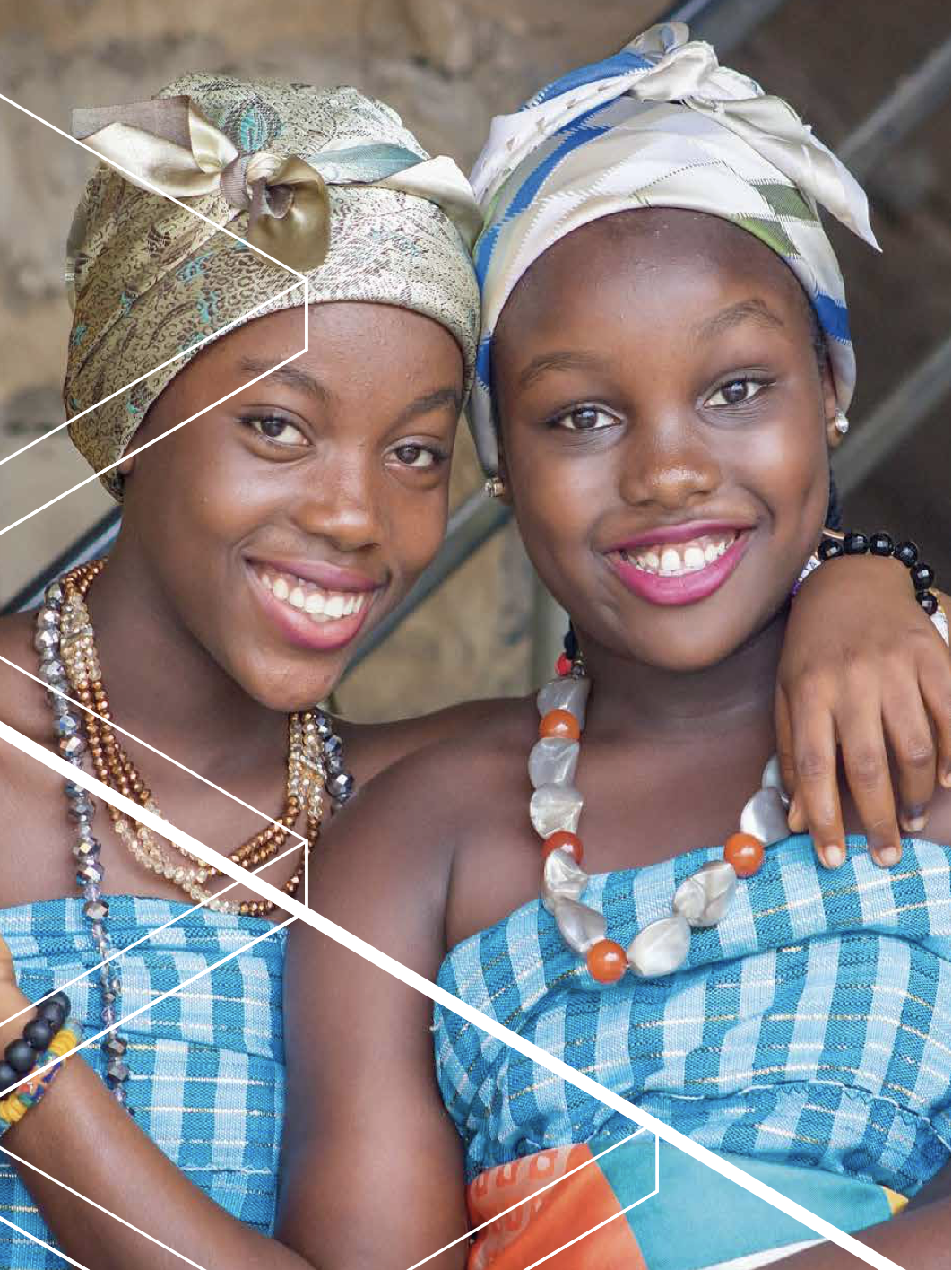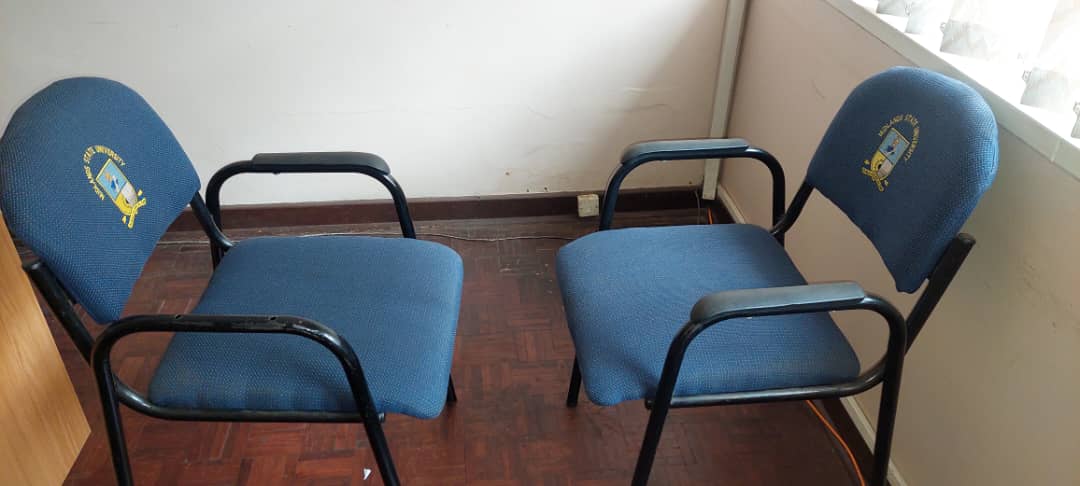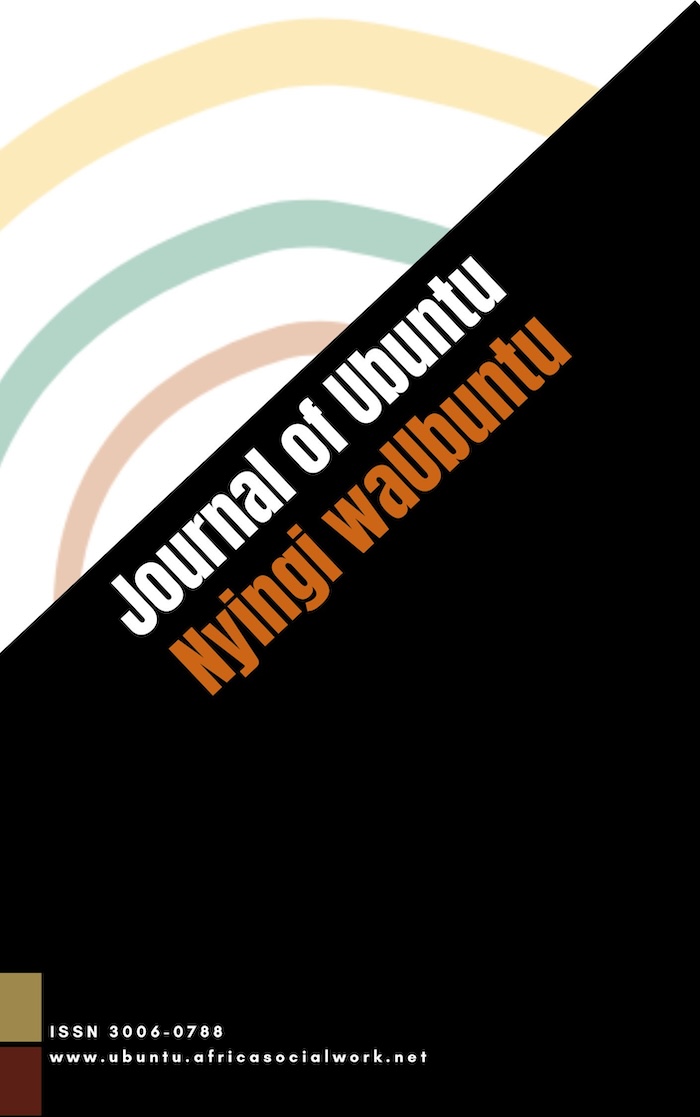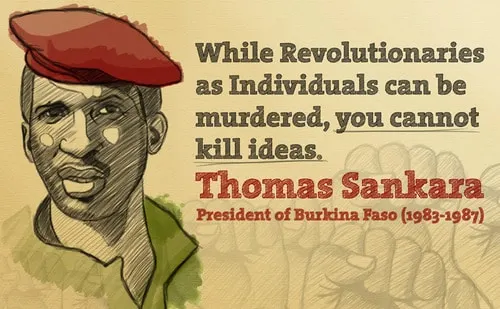YOU ARE HERE
»
Home
»
All Posts Basket
»
Made in Africa Evaluation (MAE) approach – what it is and how to use it

Made in Africa Evaluation (MAE) approach – what it is and how to use it

Are you involved in monitoring and evaluation (M and E) in your organization? Do you teach it? Are you are student of M&E or have you done M&E courses? Are you involved in work evaluations, often called employee performance appraisals? Or do you review journal articles, book chapters or subject outlines? If so, then you probably came across the MAE framework, if not, then you missed something big.
What is MAE?
The MAE seeks to identify and develop a uniquely African approach to evaluation. It emphasizes that context, culture, history, and beliefs shape the nature of evaluations, specifically in the diverse, often complex African reality. AfrEA’s objective is to promote and adapt to an African evaluation framework – an approach initiated from inside the continent and overwhelmingly supported from outside Africa. The Made in Africa concept will continuously enjoy prominence.
The key values of MAE are: decolonisation of evaluation and evaluators, indigenisation, which means to make it African focused; participation and evaluation based on mutual respect, e.g. work with local communities; use of local knowledge, philosophy of Ubuntu, theories etc when evaluating; contextuality which means relevance to local situation, aspirations and priorities; and internationalisation of MAE meaning using at beyond Africa.
The work of AFrEA
‘AfrEA plays a unique role in Africa and globally as the pan-Africa umbrella organization of national evaluation associations, known as Voluntary Organisations for Professional Evaluations (VOPEs). Its membership includes professional evaluators, policy makers, public and private sector officials, researchers and development practitioners. Founded in 1999, the first of five Global South regional evaluation associations, AFrEA plays a fundamental leadership role in promoting indigenous approaches to evaluation, convening pan-Africa international conferences, and providing capacity building and thought leadership for the African and global evaluation and development community. Prior to 1999 there were few opportunities for African evaluators to network and share evaluation experiences. Read more.
‘AfrEA plays a unique role in Africa and globally as the pan-Africa umbrella organization of national evaluation associations, known as Voluntary Organisations for Professional Evaluations (VOPEs). Its membership includes professional evaluators, policy makers, public and private sector officials, researchers and development practitioners. Founded in 1999, the first of five Global South regional evaluation associations, AFrEA plays a fundamental leadership role in promoting indigenous approaches to evaluation, convening pan-Africa international conferences, and providing capacity building and thought leadership for the African and global evaluation and development community. Prior to 1999 there were few opportunities for African evaluators to network and share evaluation experiences. Read more.
What are some basic components of the approach?
“Decolonisation of evaluation involves the restructuring of evaluation knowledge production, such that African people may actively participate in the construction of ‘what is evaluated when it is evaluated, by whom, and with what methodologies’ (Chilisa et al. 2016). This can be referred to as Afrocentric evaluation, and it therefore follows that the development and mainstreaming of these evaluation practices require African evaluators to embark on a journey of decolonising and indigenising monitoring and evaluation (M&E) knowledge production in Africa. This can be achieved by identifying and building Afrocentric means of knowledge generation and/or analysis and indigenous methods of collecting data. This indigenisation of research methodology requires the participation of local communities, making sure that both monitoring and evaluation measure in order to assess the success and shortcomings of development interventions as experienced by African communities and populations. This is critical to ensure that intervention designs and frameworks reflect the priorities and needs of the Africans”, Dlakavu, Mathebula, & Mkhize, 2022, p. 2.
MAE promotes African knowledge or indigenous knowledge systems, including use of local languages. Communities are allowed to use the data for their development and to own it, thus, achieving data sovereignty (Ndlovu-Gatsheni, 2018). “Another means of decolonising and indigenising evaluations is to involve community members in the design and implementation of the evaluations, not as participants but decision-makers and partners who have a voice through the evaluation preplanning evaluability assessment, evaluation planning and implementation as well as the findings dissemination processes. This includes developing innovative and inclusive processes to ensure that communities’ values, priorities and needs are encompassed in all decision-making processes”, Dlakavu, Mathebula, & Mkhize, 2022, p. 8.
MAE supports Afrocentric and decolonial development theory as opposed to modernisation theory promoted by the West (Ndlovu-Gatsheni, 2013). Using MAE ensures that development indicators are contextual and are aligned to values and aspirations of Africans (Chilisa, 2015).
“There is unequal North–South power imbalance that is characterised by the dominance of Global North knowledge systems and practices at the expense of Global South knowledge systems and practices. Monitoring and evaluation practice in Africa is currently based on Global North development theory, values, culture and neoliberal ideology.”, Dlakavu, Mathebula, & Mkhize, 2022, p. 6.
“Made in Africa Evaluation tools can be used to uncover the historical events, unjust systems and structures, belief systems and values that continue to be inherent in the Africa contexts. In particular, the development and enactment of national M&E policies that prescribe the aforementioned Afrocentric evaluation practice would provide a favourable legal framework that further enables the decolonisation of African evaluation practice (Chilisa 2015:14)”, Dlakavu, Mathebula, & Mkhize, 2022, p. 5.
“Chilisa et al. (2016) asserts that decolonisation of development and evaluation requires African resistance to the blind borrowing of Western developmental values and standards to evaluate programmes in Africa. Likewise, African policy analysts, researchers and evaluators must have capacity to understand Africa’s varied development experiences and prevailing socio-economic conditions to enable them to carry out their own context-relevant evaluations and promote the adaptation of evaluation tools, instruments, strategies, theories and models that are relevant to African settings. In essence, the onus is on African development and evaluation practitioners, actors and institutions to adopt the participatory data collection methodologies mentioned in this section of the article, which recognise and illuminate local cultures, IKSs, African philosophies and African conceptualisation of what development is”, Dlakavu, Mathebula, & Mkhize, 2022, p. 6.
Frehiwot (2019) said this in relation to MAE:
- Made in Africa evaluation must begin with a critical decolonization of monitoring and evaluation in Africa.
- Monitoring and evaluation in Africa should be underpinned by African voices, literature and experiences.
- Made in Africa evaluation must challenge the very nature of the power relationship in the field of monitoring and evaluation.
- African evaluators and evaluators serving Africa must critically examine their own bias towards the communities they are serving.
- Made in Africa evaluation must evolve organically while recognizing institutions and communities as partners.
While Mbava (2019, p. 13) had this to say:
- African ownership of the evaluation process is important as the theory and practice of evaluation in African contexts has for a long time been externally driven.
- The extent to which African worldviews, values systems, knowledge and perspectives are incorporated in current evaluation is contested.
- African values and worldviews need to guide and shape evaluation in African contexts.
- Shifting the status quo can move evaluation enquiry towards ontological and epistemological justice.
“The use of the Ubuntu philosophy to situate Made in Africa evaluation will respond to the following critical question: “Whose philosophy and ideology will underpin the evaluation process and tools? It is through the notion of African personhood that the evaluator and the evaluating agency would view themselves as a mere extension of the community or project being evaluated. This humanistic approach to understanding Africa through African philosophy can ensure that African made evaluation can move beyond a rubber stamp. Ubuntu is not the only philosophy or evaluation tool that can be researched; it is an example of how the use of African philosophy, systems and institutions can strengthen the question for Made in Africa evaluation”, Frehiwot (2019), p.
The main values of MEA are:
- Decolonisation of evaluation and evaluators, which means the transformation of evaluation knowledge and practices from global North dominance.
- Indigenisation, which means to make it African focused.
- Participation and evaluation based on mutual respect, eg. work with local communities
- Use of local knowledge, philosophy of Ubuntu, theories etc.
- Contextuality which means relevance to local situation, aspirations and priorities.
- Internationalisation of MAE.
How can you use the approach?
- If you are a lecturer, teach it to decolonise evaluation, monitoring and research and education in general.
- If you are an evaluator, monitor or researcher in your organisation or a consultant, use it to guide your evaluation or research approach and in your report provide details how the MAE approach was used and why.
- If you are a student, rad more and practice this approach in class and during fieldwork.
- If you are a manager doing work evaluations, often called employee performance appraisals, make sure you review your frameworks, forms or tools using MAE ideas.
- If you review journal articles, book chapters or subject outlines etc, use the MAE approach.
“African evaluation and evaluators must reclaim their voice, which should be a true reflection of African idiosyncrasy and not just a carbon copy of evaluation practices imported to Africa”.
Mjiba Frehiwot, 2019
The information above is from these sources:
Chilisa, B., 2015, A synthesis paper on the Made in Africa evaluation concept, African Evaluation Association, Accra.
Chilisa, B., Major, T.E., Gaotlhobogwe, M. & Mokgolodi, H., 2016, ‘Decolonizing and indigenizing evaluation practice in Africa: Toward African relational evaluation
approaches’, Canadian Journal of Program Evaluation 30(3). https://doi.
org/10.3138/cjpe.30.3.05
Dlakavu, A., Mathebula, J. & Mkhize, S., 2022, ‘Decolonising and indigenising evaluation practice in Africa: Roadmap for mainstreaming the Made in Africa Evaluation approach’, African Evaluation Journal 10(1), a620. https://doi.org/10.4102/aej.v10i1.620
Frehiwot, M. (2019). Made in Africa Evaluation: Decolonializing Evaluation in Africa. eVALUation Matters, Third Quarter, p. 23-31.
Mbava, N. P. (2019). Shifting the Status Quo: Africa Influencing Global Evaluation Practice. eVALUation Matters, Third Quarter, p. 13-21.
Ndlovu-Gatsheni, S.J., 2013, ‘Perhaps decoloniality is the answer? Critical reflections on development from a decolonial epistemic perspective’, Africanus 43(2), 1–12.
Ndlovu-Gatsheni, S.J., 2018, ‘The dynamics of epistemological decolonisation in the 21st century: Towards epistemic freedom’, Strategic Review
Discover more from Africa Social Work & Development Network | Mtandao waKazi zaJamii naMaendeleo waAfrika
Subscribe to get the latest posts sent to your email.







You must be logged in to post a comment.